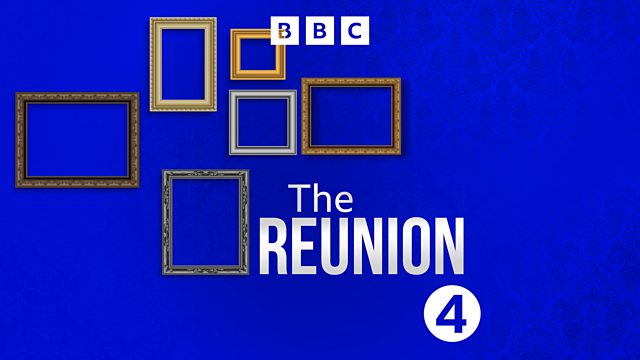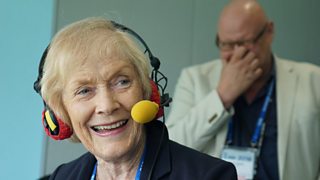Maastricht Treaty
Former ministers, backbench rebels and government advisors recall the dramas of the Maastricht Treaty negotiations - Black Wednesday, no confidence motions and political bloodshed.
Former Ministers, backbench rebels and government advisors join Sue MacGregor to recall the dramas of the Maastricht Treaty negotiations.
The Maastricht Treaty is one of the most famous and controversial pieces of European legislation, forming the blueprint for economic and monetary union, and granting free movement to the citizens of the countries who signed it. But its path to signing was tortuous, causing deep divisions within the Conservative Party, turmoil on the economic markets, and friction between member states.
The summit at Maastricht was one of the first and most important tasks facing John Major when he took over the Premiership from Margaret Thatcher in 1990. Europe was already a highly divisive issue within the party, but Major was keen to be pragmatic, and less combative than his predecessor. But it cost him dear. Two-and-a-half years later he had twice considered resigning over the issue, faced severe rebellion from his own backbenches and crashed out of membership of the Exchange Rate Mechanism amid turmoil on the financial markets on Black Wednesday. But finally the legislation was signed.
Sue MacGregor is joined by two former Chancellors of the Exchequer - Lord, then Norman, Lamont who, after losing his job, became a fierce critic of Government policy, and Kenneth Clarke who replaced him. The guests also include the Government Whip responsible for Europe, David Davies, and Conservative backbencher Sir Bill Cash, a prominent Euro-rebel, as well as John Major's Private Secretary for Foreign Affairs and later the Official Historian on Britain's Relationship with Europe, Sir Stephen Wall.
Producer: Deborah Dudgeon
Series Producer: David Prest
A Whistledown production for Βι¶ΉΤΌΕΔ Radio 4.
Last on
Broadcasts
- Sun 24 Apr 2016 11:15Βι¶ΉΤΌΕΔ Radio 4
- Fri 29 Apr 2016 09:00Βι¶ΉΤΌΕΔ Radio 4




